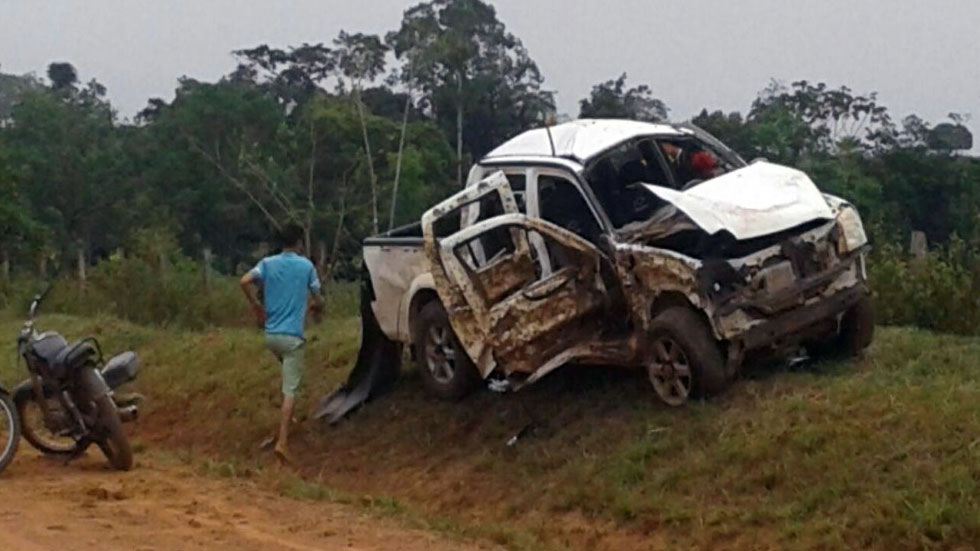Tensions between coca farmers and authorities, and the presence of multiple illegal armed groups, put civilians in central Colombia at imminent danger of violence, a local mayor warned.
One policeman was killed and four coca farmers in a series of events that happened during an eradication operation. The mayor of El Retorno in the Guaviare province warned for more violence.
Mayor Oscar Ospina told Blu Radio that the mix between social tensions and criminal interest create a situation similar to that of Tumaco where civilians have been killed by both authorities and rogue guerrillas.
Mayor Oscar Ospina
The Guaviare narco stew
Rogue former FARC guerrillas have violently tried to maintain control over former FARC rackets, including coca cultivation without much resistance from the state.
Groups formed from the demobilized AUC are also active in Guaviare.
None of the illegal armed groups approve the crop substitution programs offered by the government, putting civilians between the narcos and the authorities.
The security forces are expected to forcibly eradicate 50 hectares and have been under international pressure as crop substitution processes expect to miss their targets.
International community absent from Colombia cocaine efforts: ICG
Violence escalating
The police has been carrying out forced eradication operations in areas under control by the FARC dissidents and paramilitary groups, all dependent on the cocaine trade.
A policeman was killed after he had stepped on a landmine. In subsequent clashes with police, four coca farmers were injured.
Illegal armed groups in Guaviare
A United Nations workers who was in the remote Guaviare province to promote crop substitution was kidnapped and temporarily held hostage by the FARC dissidents earlier this year.
Peace process progress undone?
While the disarmament of 14,000 people with the FARC’s demobilization, one of Colombia’s most violent armed actors left the battlefield.
However, government failures to assume control over former FARC territories have spurred turf wars between illegal armed groups over abandoned FARC rackets. In many coca growing regions, rogue FARC guerrilla try to maintain in control.
Also the reintegration of former FARC rebels is falling short, according to the United Nations, which is observing the process.
Years of increased revenue from cocaine and illegal mining have inflated illegal armed groups like the AGC.
Dozens of rural community leaders, often supporting crop substitution projects, have been assassinated.
At least seven coca farmers were allegedly shot dead by anti-narcotic police in southwestern Colombia.
Violence between civilians and authorities has also broken out in regions like Catatumbo, Antioquia and Cauca.


